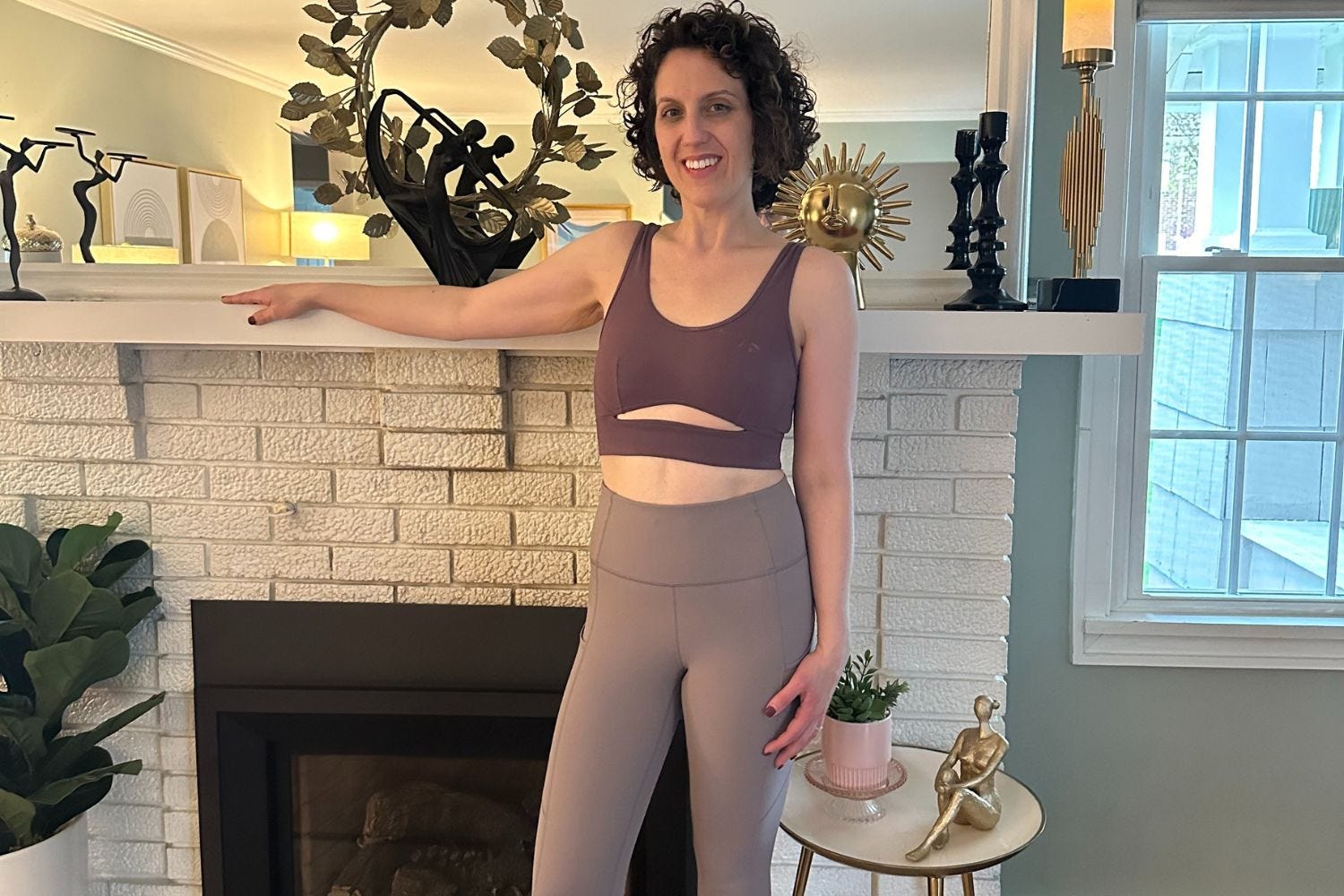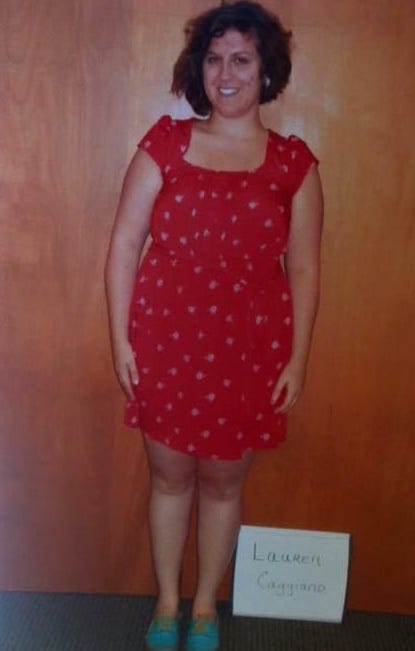"The medical gaslighting was real."
+ Miranda July's book, "All Fours," is "hot and weird and captivating" — New York Magazine
From screaming into the void to (finally) getting answers
How women in midlife can feel seen and heard at the doctor
I can still see the smug look on my doctor’s face on that day back in 2009. At that point, I was 30 pounds overweight, lethargic, and desperate for change. At age 25, I was adjusting to the post-college lifestyle, but my health only seemed to worsen, despite my best efforts.
Put simply, I was tired of being fat and wanted my mojo back. At that point, I had been a faithful vegetarian for three years and had recently adopted a regular yoga practice. When I expressed my concerns about my expanding waistline, my physician — let’s call him Dr. Smith — shrugged me off. “I walk three miles every morning.” OK, Boomer.
In retrospect, the fact that he didn’t order labs was negligent. Knowing what I know now, I presented with a classic case of hypothyroidism. (According to Mayo Clinic, some of the telltale signs of the disorder include tiredness, more sensitivity to cold, constipation, and weight gain — all of which I had at the time.)
Yet this middle-aged man just thought I needed to do more light cardio and the pounds would magically melt away. Ouch. The medical gaslighting — and healthcare gender bias — was real.
Spinning my wheels searching for a diagnosis
My quest for answers continued at different doctor’s appointments, yet I kept hitting dead ends. A few years later, around 2013, I switched primary care providers. Upon sharing the same concerns as in Dr. Smith’s office, I was met with a similar attitude. “Maybe try South Beach Diet?” That was the best she could do? Recommend a diet composed of significant animal protein? Yeah, no thanks.
I wish I could say these were two isolated incidents but they’re not. More recently, I was at a sleep study follow-up appointment. The doctor, an Indian-born male in his 60s, completely discounted my lived experience and even put my well-being on the line. My sleep study results came back “normal,” yet I was (and still am) experiencing unexplained morning fatigue. He determined it was best for me to go on a stimulant to give me a jolt. “Sir, I’m already on a stimulant for my ADHD. Did you not even glance at my chart?”
To make matters worse, he explained how it was dangerous to get pregnant on the drug, so he recommended hormonal birth control use as a precautionary measure. At this point, I was beyond taken aback — and angry. I’m a recent survivor of hormonal breast cancer. Under no circumstances is it advisable for me to use oral contraception. Furthermore, I was in treatment-related artificial menopause at the time, so getting pregnant was 99.99% out of the question anyway. This was yet another time when I felt like a provider didn’t care enough to really listen.
Whoops! Let’s try this poll again
We’re hosting an IRL event in Chicago in October and you’re invited! As soon as we lock in the details, you’ll be the first to know. In the meantime, we wanted to see what y’all thought about these options for activities.
We’re know you’re smart, busy, successful GALs, and we want to make sure that our first Midst event knocks your socks off!
Is Miranda July’s new book the ‘first great perimenopause novel’?
Here’s a slice of the New York Times article by Marie Solis
In her new novel, All Fours, the unnamed female narrator — a 45-year-old “semifamous” artist who shares some biographical details with Ms. July — considers that a cross-country road trip from Los Angeles to New York could be a turning point in her life.
She doesn’t get very far. About 30 minutes in, she checks into a motel and spends the next two and a half weeks redecorating her room, taking up with a younger, married man and contemplating a totally different way of living. When she returns home to her family, she realizes she can’t quite reacclimate to the old domestic rhythms.

As she confronts what seems like the imminent death of pleasure, foretold by a graph about hormonal changes she finds online, she sees no choice but to strike out into new territory. Masturbation, fantasies of sex and plenty of actual sex help propel her onward.
The heroine of “All Fours” is not a woman in a midlife crisis, but — in the epic, Dante-esque sense — a woman in the “middle of her life,” Ms. July said. She found that little else had been written about this phase, particularly about perimenopause, the transitional time before full-fledged menopause.
The existential quandaries raised in the book — Can the world accommodate the idea of an ever-changing self? How do you reconcile your desires (sexual, creative and otherwise) with your circumstances? — are ones the author has been tangling with in her own life.
Hey GAL hey
This newsletter is available for free viewing for the next two weeks. Thereafter, you’ll only be able to read this content if you become a paid subscriber to The Midst Substack.






